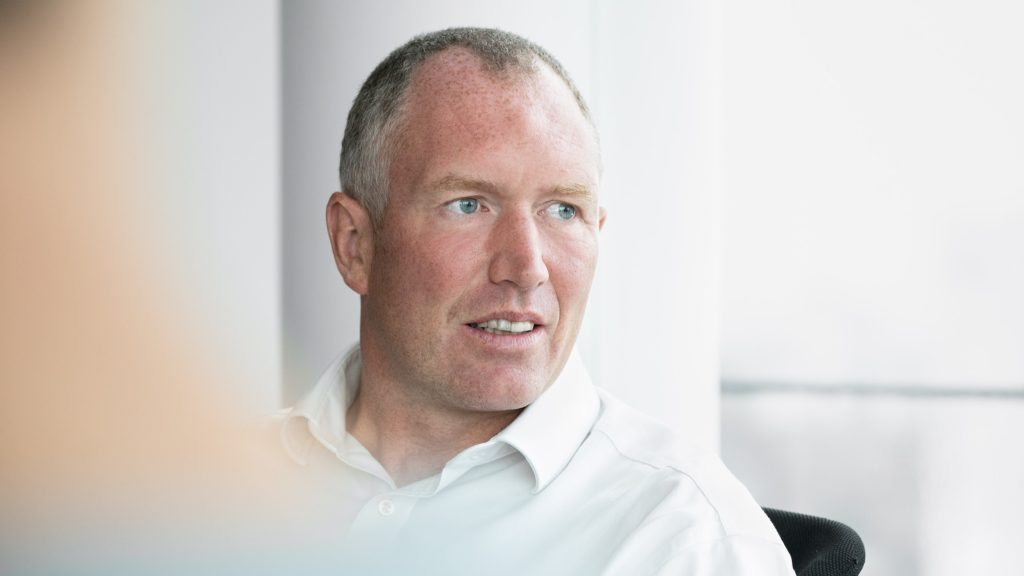 As we pass the half point of the year, we take a temperature check of the UK Automotive Retail sector, looking at the key themes and how these impact the PLC dealers.
As we pass the half point of the year, we take a temperature check of the UK Automotive Retail sector, looking at the key themes and how these impact the PLC dealers.
The sector showed exceptional resilience and flexibility in the pandemic, followed by very strong trading in 2021. We expect that dealers will once again prove resilient to supply constraints and macro uncertainties.
New car supply shortages remain acute and will persist into 2023: Ongoing component shortages, compounded by the war in Ukraine and fresh Covid-19 shutdowns in Asia, have hampered production so far this year.
UK new car registrations in the six months to June 2022 were down 11.9% YoY and 35.5% below the 2010-19 average. The aggregate 2022 global car sales consensus forecasts for eight OEMs (Toyota, VW Group, Ford, Stellantis, Renault, BMW, Mercedes-Benz, General Motors) has declined from 46m in October 2021 to c. 40m.
New car supply should improve in H2, according to recent statements from OEMs, as semiconductor manufacturing ramps up, Covid restrictions are lifted in China, and parts previously made in Ukraine are sourced from elsewhere. Nevertheless, even if supply issues for components were resolved overnight, the lost output will take significant time to recover.
We expect OEMs to continue to prioritise high margin models and sales channels (retail instead of fleet), which should support dealer gross margins on new vehicles for much of the rest of the year.
Used car residual values are returning to normal monthly declines but are still supported by low supply.
The latest Cap HPI data on average values of 3-year old, 60k-mile cars showed a 0.9% drop in June after a 2.1% decline in both March and April and a 0.7% drop in May. We see this as a return to normal vehicle depreciation patterns, albeit June’s 0.9% decline was still less than the June norm of 1.4%.
The downturn in new car sales and a lack of fleet returns is restricting supply in the used car market, particularly in the nearly-new cohort. We expect this low supply to provide support to residual values, even as demand weakens. Recent trading updates from Vertu, Lookers and Pendragon have reported a continuation of last year’s high gross profit per unit on used vehicles.
The UK consumer is under an intense spending squeeze which is expected to worsen: CPI inflation hit 9.4% in June, driven by energy, food and fuel, and is expected to exceed 11% this year.
This inflation, coupled with rises in interest rates and National Insurance, caused the largest recorded YoY decline in average weekly disposable income in May (-17.6%), according to the Asda Income Tracker.
In light of the cost of living crisis, GfK’s Consumer Confidence Index is at record lows (lower than during Covid lockdowns and the GFC), a metric which is historically highly positively correlated with new car sales.
This data suggests there will be slowdown in consumer demand, which may worsen in H2 when things like the Ofgem energy price-cap rise takes effect in October. Given that cars are a necessity for many, we don’t see demand disappearing, but consumers may trade-down to cheaper models or buy used instead of new.
Cost pressures on dealers and macro uncertainty set a cautious tone for UK PLC forecasts: A tight labour market, the removal of pandemic-related support, high energy costs and rising interest rates create headwinds for dealers’ earnings in 2022 and beyond.
Following a record 2021 for most dealers, there is caution on 2022 profit forecasts, which show a step-down in adj. EPS of 28.7% on average, or 41.5% when excluding Inchcape. We think the order backlog and waiting lists for new vehicles underpins the franchised dealer 2022 forecasts, but H2 trading will be tougher than H1.
Profits are typically H1-weighted – the FY16-FY19 average H1:H2 PBT split (excl. loss making periods for LOOK and PDG) was 62:38. Given the strong trading indicated by updates so far this year and the macro headwinds expected in H2, it’s likely that 2022 will be more heavily H1-weighted for some UK motor dealers.
Mike Allen is head of research at Zeus Capital
